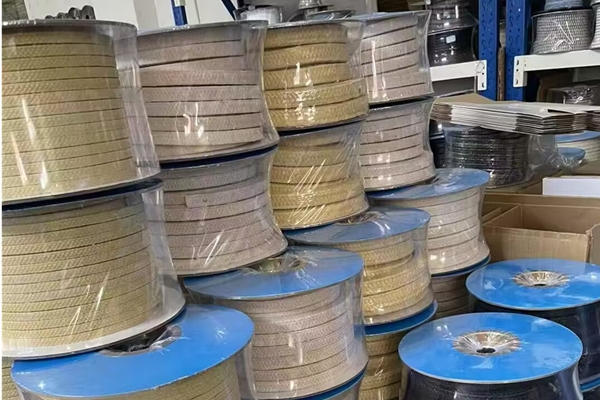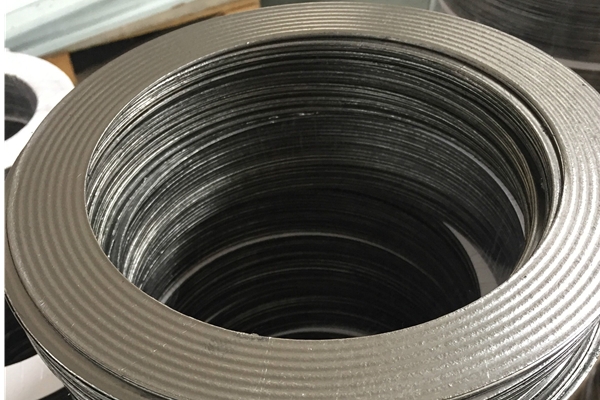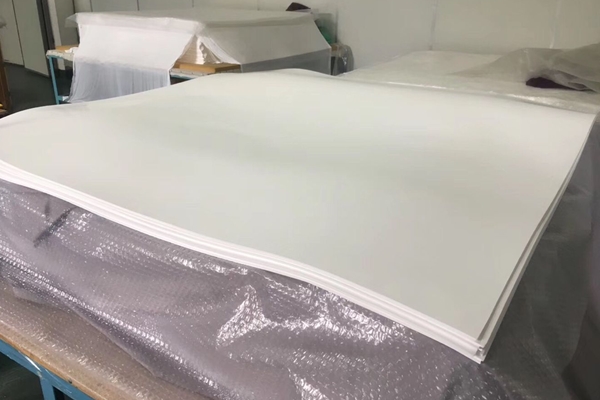Both Expanded PTFE gaskets (ePTFE) and Pure PTFE gaskets (PTFE) are made from polytetrafluoroethylene material, but they differ significantly in manufacturing processes, performance, and applications. Below is a detailed comparison of the two:
Characteristics of Expanded PTFE Gaskets (ePTFE):
Easy to Cut and Install
Expanded PTFE gaskets can be easily cut or stamped into any shape, facilitating installation and use.
Suitable for Sealing Rough Surfaces
They have unique conforming capabilities, allowing for effective sealing on rough or damaged flange surfaces with minimal pressure required.
Extremely Strong Chemical Corrosion Resistance
Except for a few chemical substances (such as molten alkali metals, free fluorine, and certain radioactive materials), expanded PTFE gaskets remain stable in most chemical environments and can be used at temperatures up to 315°C.
Good Creep and Cold Flow Resistance
Due to their high-density fiber structure, expanded PTFE gaskets have excellent creep resistance. They do not contain adhesives or additives, resulting in stable mechanical properties.
Revolutionary Improvement
They fundamentally solve the creep and cold flow issues present in pure PTFE sealing materials, significantly enhancing performance.
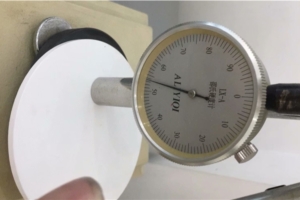
Characteristics of Pure PTFE Gaskets (PTFE)
Corrosion Resistance
PTFE has excellent corrosion resistance, affected only by molten alkali metals and fluorine at high temperatures and pressures.
Aging Resistance and Insulation
Pure PTFE gaskets do not absorb water and have good weather resistance. After three years of outdoor exposure, their tensile strength remains almost unchanged, with only a slight decrease in elongation.
Mechanical Strength and Workability
Pure PTFE gaskets maintain good mechanical strength between -100°C and 100°C and can be processed into various shapes.
Diverse Applications
Pure PTFE gaskets can be used as flat gaskets, V-shaped gaskets, piston rings, ball valve gaskets, and more. They can also be combined with other materials, such as PTFE-engrooved gaskets and spiral wound gaskets.
Suitable for Low Pressure and Low-Temperature Environments
- Due to their cold flow and creep tendency, Pure PTFE gaskets are more suitable for sealing applications in low-pressure, low-temperature, or medium-temperature corrosive environments where contamination is not allowed.
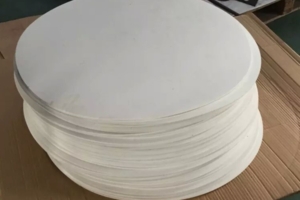
Conclusion:
Compared to Pure PTFE gaskets, expanded PTFE gaskets have superior creep and cold flow resistance and provide better sealing on rough surfaces. They exhibit better performance in chemical stability, temperature range, and mechanical strength. Therefore, expanded PTFE gaskets are often the preferred choice in applications requiring higher sealing performance and durability.


